
Government Allocates Rs 1 Billion for Disaster Relief, Declares National Mourning
In response to the devastating floods, landslides, and inundation caused by the downpour on September 27 and 28, the Government of Nepal has allocated Rs 1 billion to the Disaster Relief Fund. This decision was made during a meeting of the Council of Ministers held this evening, in line with the Disaster Risk Reduction and Management Act 2074 BS. The fund will expedite rescue and relief efforts for the disaster-stricken communities, Minister for Communications and Information Technology, Prithvi Subba Gurung, announced.
The Ministry of Finance will release the Rs 1 billion immediately to support ongoing operations, aiming to provide much-needed relief to the hundreds affected by the recent natural calamities.
National Mourning and Flag Lowering
In addition to financial relief, the government has declared a three-day period of national mourning in memory of the hundreds of lives lost during the recent disasters. Minister Gurung stated that the national flag will be lowered across the country during this period as a mark of respect for the deceased.
Top Priority for Rescue and Relief Operations
The government has committed to prioritizing search, relief, and recovery operations in the affected areas. Minister Gurung confirmed that free treatment and temporary settlement arrangements would be made for displaced families. The seriously injured will receive specialized care, with provisions for immediate medical attention and longer-term support.
The cabinet has also instructed concerned ministries to promptly submit damage assessments to the Office of the Prime Minister and Council of Ministers. These reports will help guide the government’s continued efforts in disaster management and rehabilitation.
Restoration of Essential Services
Efforts are already underway to restore critical infrastructure and services that were disrupted by the disasters. This includes the repair of drinking water systems, bridges, roads, telecommunications, and power supply. Federal ministries will work closely with provincial and local governments to ensure these services are reinstated as quickly as possible.
To prevent potential outbreaks of infectious diseases in vulnerable areas, the government will also focus on public health measures. Communities in high-risk areas will be relocated to safer zones, and private sector involvement will be encouraged to support these initiatives.
Public Transport and Festival Preparations
Looking ahead to the upcoming festival season, the government is also taking measures to organize and streamline public transportation. Steps will be taken to prevent artificial shortages and black-marketing, ensuring that citizens can travel and celebrate without unnecessary disruptions.
On-Site Study and Long-Term Support
The cabinet has decided to form and deploy a team to conduct on-site studies in the worst-affected districts. The team, which will include representatives from the Ministry of Home Affairs, will coordinate with provincial and local authorities to assess relief and rescue needs. This study will help ensure that resources are directed where they are needed most, with immediate action being taken to support disaster-hit households.
Ministers Donate Salary and Condolences to Bereaved Families
In a show of solidarity, each member of the Council of Ministers will donate one month’s salary to the Disaster Survivors Relief Fund. The government also extended its heartfelt condolences to the bereaved families and paid tribute to those who lost their lives. Additionally, the ministers expressed their hopes for a speedy recovery for those injured.
Prime Minister Returns from UN Assembly
It is noteworthy that Prime Minister KP Sharma Oli, who had been attending the 79th General Assembly of the United Nations, called this crucial meeting immediately upon his return to Nepal. His swift action demonstrates the government’s commitment to addressing the disaster and providing urgent relief to those affected.
As the government mobilizes resources and coordinates with various agencies, the focus remains on rescue efforts, the restoration of services, and long-term recovery for the devastated communities.
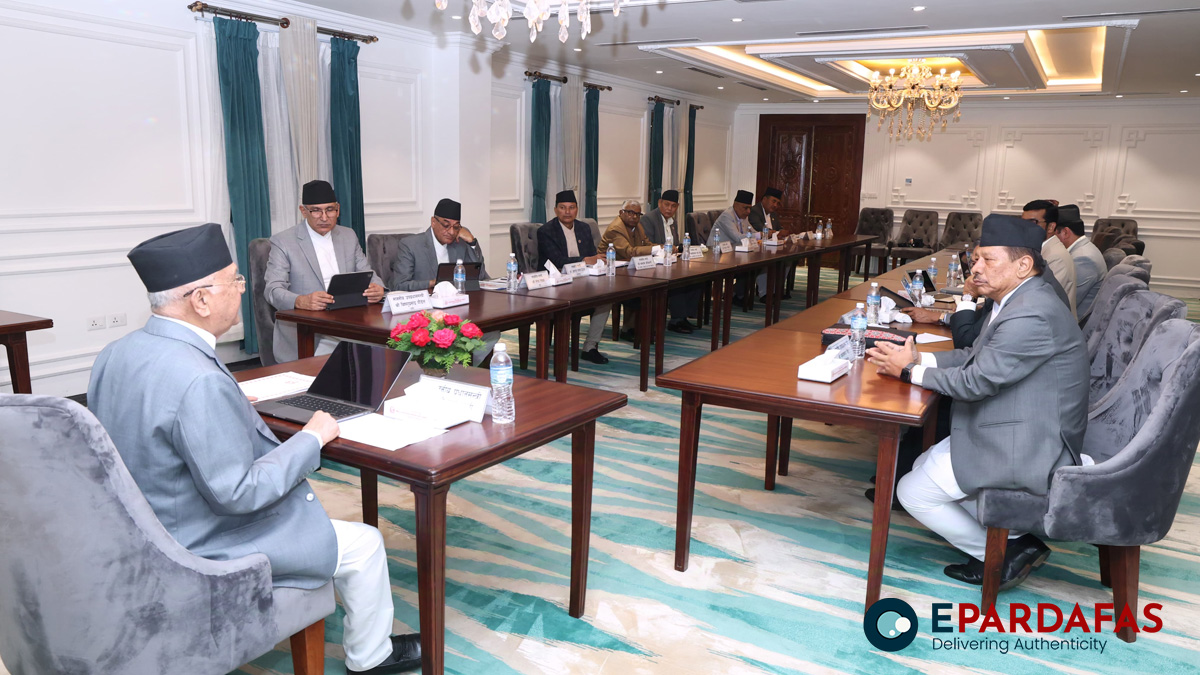
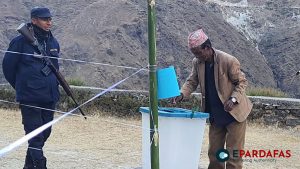
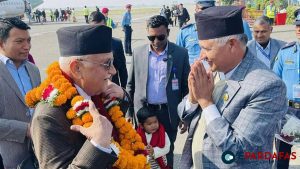
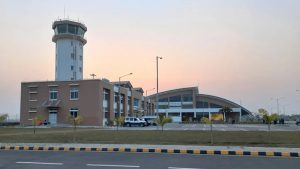
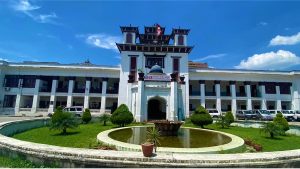








Comments